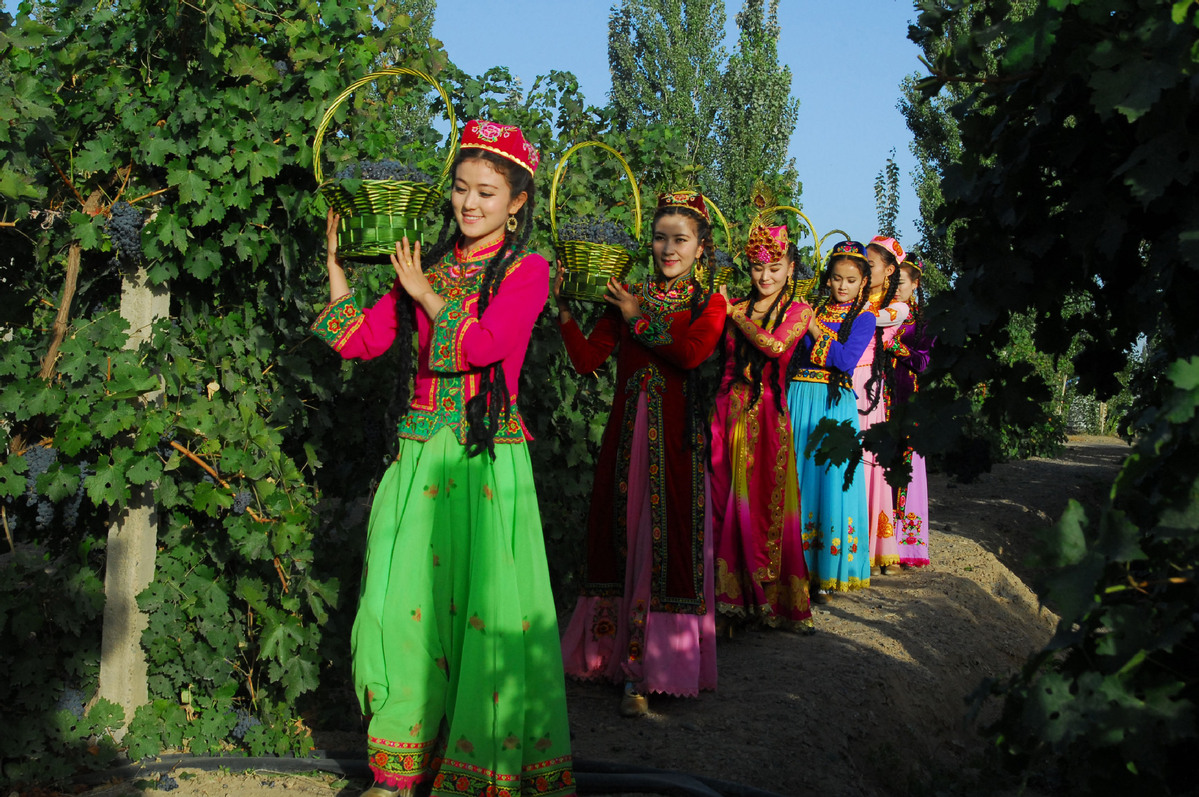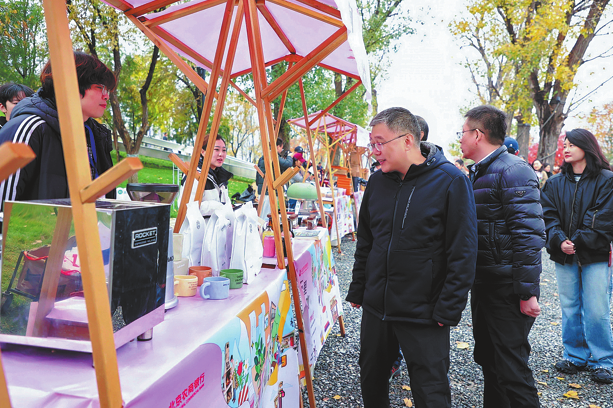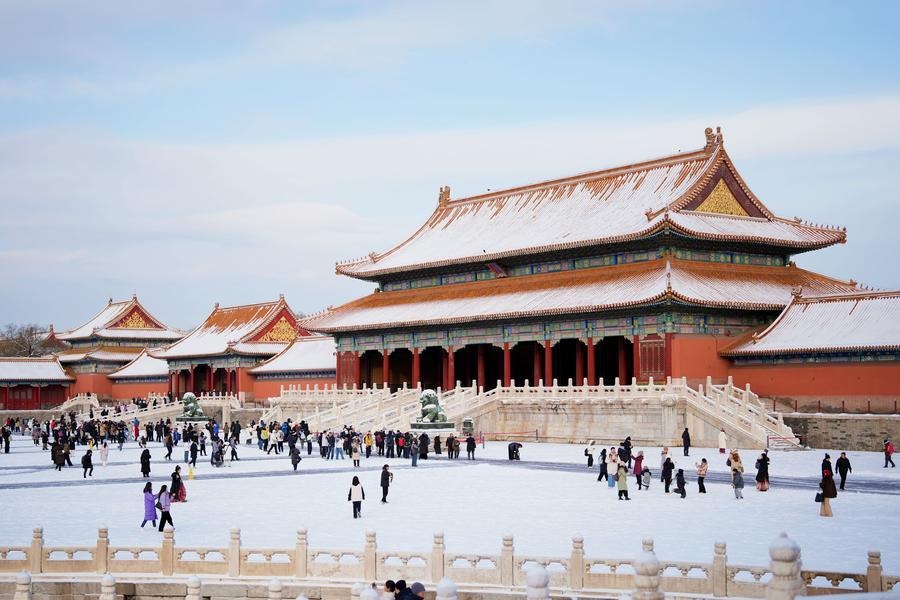Bad mistake by Ankara not to fact-check claims: China Daily editorial


Turkish Foreign Ministry spokesman Hami Aksoy seemed to be telling tales from the Arabian Nights when he accused China of "serious human rights violations" in the Xinjiang Uygur autonomous region. In a statement on Saturday, he particularly tried to demonize China's counter-terrorism efforts in the region, calling the education facilities the government has set up there "internment camps and prisons" that are used for the purpose of "systematic assimilation".
It is a pity that Ankara has resorted to presenting misinformation, misconceptions, and even complete lies, in making such groundless and irresponsible allegations. The Turkish spokesman revealed how spurious the allegations were, when he mentioned in his statement the "tragic" death of Uygur musician Abdurehim Heyit, who, in fact, is still alive and in good health in prison, where he is serving an eight year sentence for jeopardizing national security.
Since the 1990s, terrorists, separatists and extremists in Xinjiang and abroad have plotted and conducted thousands of terrorist attacks in the region and the rest of the country, killing a large number of innocent people and hundreds of police officers. The establishment of education facilities including vocational training centers in Xinjiang is part of the central government's comprehensive efforts to fight the three evil forces of terrorism, separatism and extremism, which are common enemies of humanity.
Such facilities help people resist and purge extremist indoctrination through lessons that give them proficiency in Mandarin, knowledge of the law and vocational skills so that they can acquire some professional skills and get rid of religious fanaticism and extremist ideology before returning to society.
Since their establishment more than two years ago, there have been no terrorist attacks in Xinjiang and tourist arrivals increased by 50 percent in 2018, suggesting the region is becoming more stable and safer.
Meanwhile, people of various ethnic groups now enjoy unprecedented religious freedom in Xinjiang, where for an average of 530 Muslims there is one mosque, as compared with one for 910 Muslims in Turkey.
Choosing to turn a blind eye to the facts, Turkey has attacked China over its anti-terrorism efforts, including the education facilities in Xinjiang. One cannot but raise an eyebrow over why Ankara has so readily subjected itself to bias and anti-China chorus before even conducting basic facts-checking, as such facilities are open to the world and have received visits from ambassadors to China and foreign correspondents, including the Turkish ones.
In doing so, it has undoubtedly harmed mutual trust and done a disservice to the two countries' counter-terrorism and counter-separatism cooperation. Ankara should seek to repair the damage it has done to bilateral ties and the efforts to counter terrorism and extremism.


































